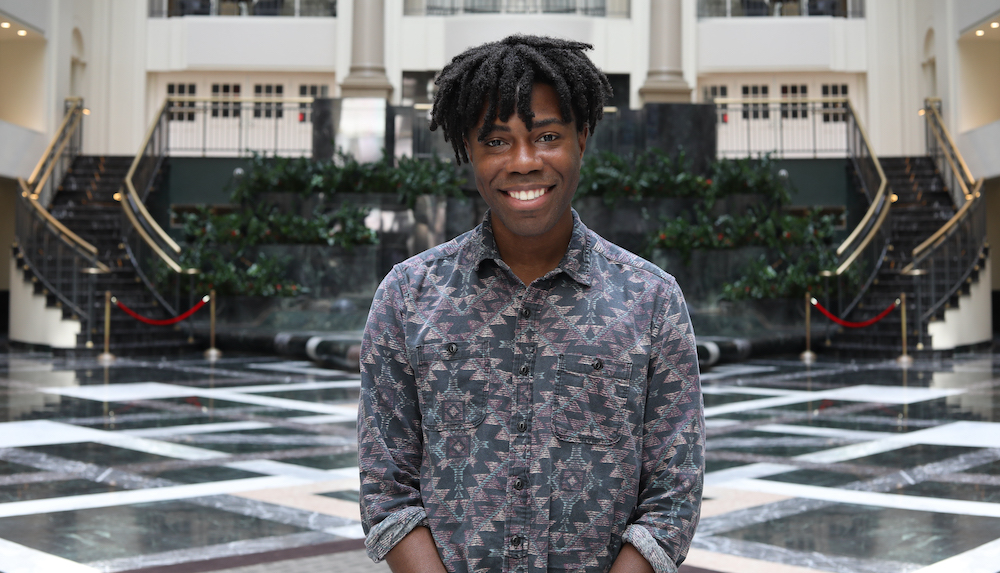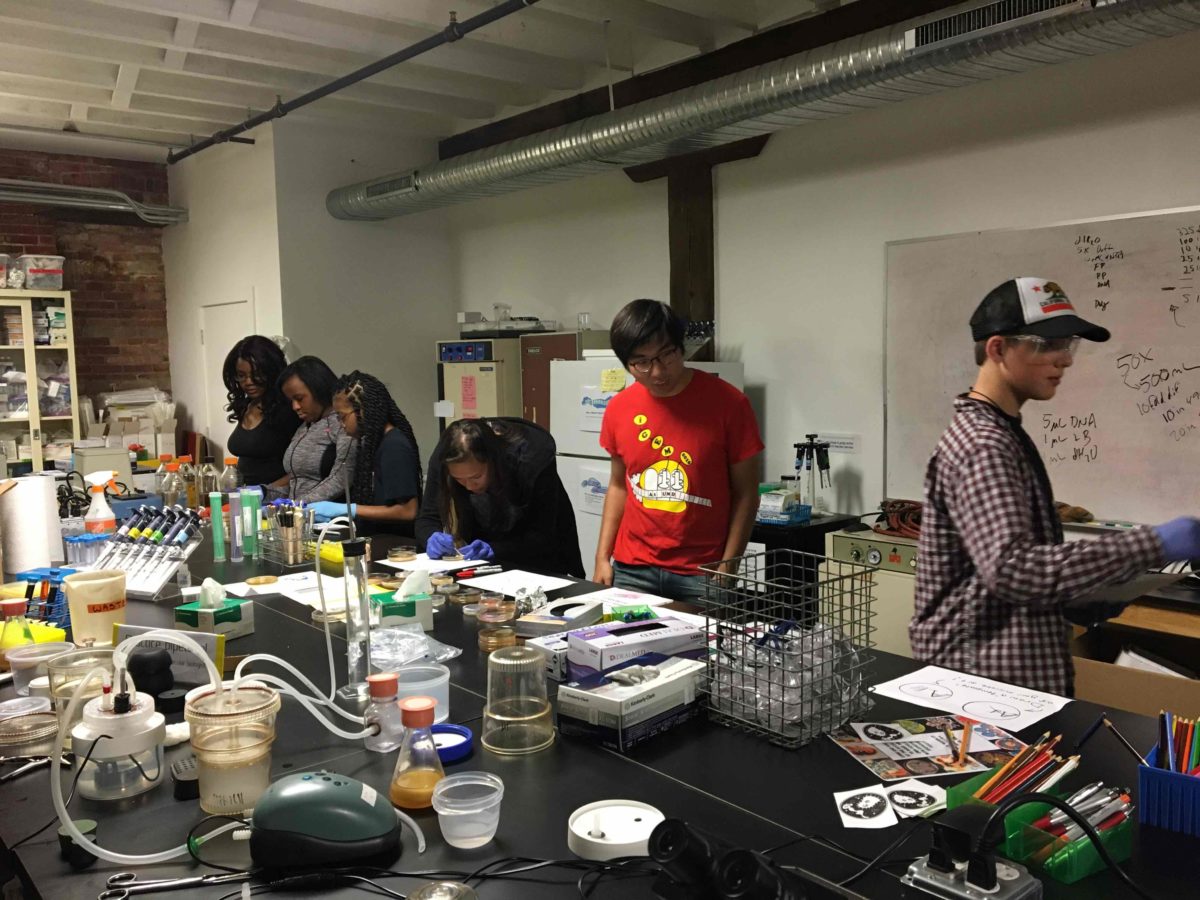The Open Insulin Foundation (OIF) and Baltimore Under Ground Science Space (BUGSS) received a $137,000 grant from the Abell Foundation that leaders said will bring the organizations one step closer to a manufacturing phase of an affordably-priced therapeutic insulin.
In response to high prices that cause many with diabetes to ration insulin and suffer long-term health complications, the organizations partnered to develop a community-manufactured and affordable insulin alternative. It would enter a market where big pharmaceutical companies charge more than $250 for insulin.
“The motivation was to combat the way that pharmaceutical drugs are manufactured and marketed in the U.S. by developing an alternative and by returning that process back to the people who need it,” said Dr. Lisa Scheifele, executive director of BUGSS.
Soaring drug costs, along with gaps in insurance and the healthcare system, often leave people with diabetes having to make hard choices. One in four patients at the Yale Diabetes Center reported rationing their insulin. A survey by T1international, a nonprofit dedicated to supporting those with type 1 diabetes, reported the same one-in-four stat for rationing in the United States.
When it comes to costs, GoodRx reported on the average cash prices of insulin per vial, and found at the cheapest generic insulin lispro KwikPen can be bought at around $60, namebrand insulins can be over $140 per vial. Plus, keep in mind that people with diabetes can need two to four vials a month.
As the two orgs continue development of their insulin alternative, the grant will allow BUGSS to purchase equipment like a bioreactor to grow microorganisms, a centrifuge for insulin purification and a pipette robot to identify bacterial cells that produce insulin at the highest yield. The improvements to the BUGSS lab in East Baltimore will allow the organization’s volunteer scientists to reach an insulin yield that can in turn lead to the orgs contracting a manufacturing organization for large scale production, and start the process for FDA approval.
“After working for a few years on a limited budget, we are very excited to get this confirmation that we can produce and purify the pro-insulin protein called Lispro,” Yann Huon de Kermadec, biochemist and primary scientist for OIF, said in a statement.
The two organizations operate on a philosophy of community-based science. OIF is developing a decentralized manufacturing strategy for insulin across the U.S. and abroad, with the Baltimore lab planned to be the flagship manufacturer. For its part, BUGSS is focused on reconnecting the people of Baltimore to science through hands on application and “put the tools of biotechnology back in their hands,” Scheifele said.
The work of the Open Insulin Project is a step in creating an open space for the community to engage in an aspect of science that often happens far removed from the communities that use the resulting products.
“The priorities of science, what questions get asked and medicines made really should belong in the hands of the people,” said Scheifele. “We as citizens ultimately pay for most of the science done in this country, so we should have a better understanding and connection to it.”
Donte Kirby is a 2020-2022 corps member for Report for America, an initiative of The Groundtruth Project that pairs young journalists with local newsrooms. This position is supported by the Robert W. Deutsch Foundation.Join the conversation!
Find news, events, jobs and people who share your interests on Technical.ly's open community Slack

Baltimore daily roundup: Mayoral candidates talk tech and biz; a guide to greentech vocabulary; a Dutch delegation's visit

Baltimore daily roundup: Medtech made in Baltimore; Sen. Sanders visits Morgan State; Humane Ai review debate

Baltimore daily roundup: An HBCU innovation champion's journey; Sen. Sanders visits Morgan State; Humane Ai review debate


